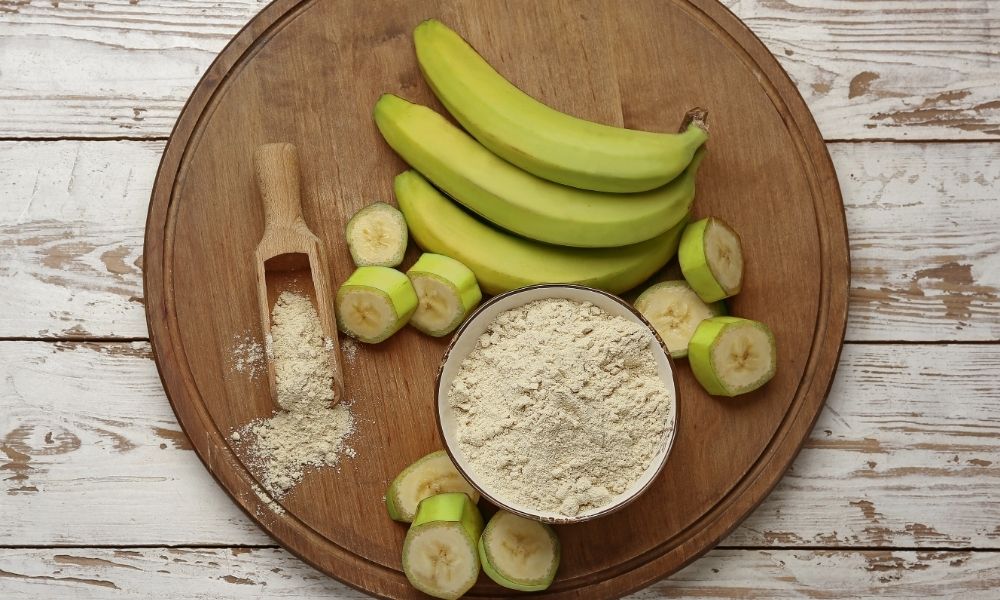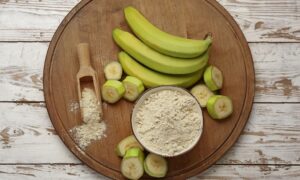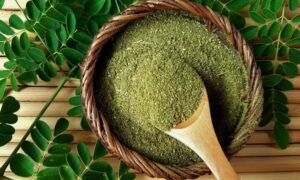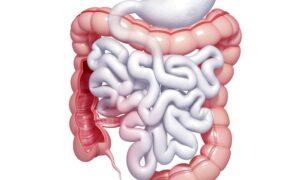In the last few decades several studies have supported the role of gut microbiota in the pathophysiology of metabolic diseases and its importance in immune system maturation, allergic process and energetic metabolism due to the intense relationship between microbiota and the host. This correlation is particularly strong between gut and the complex amount of microorganism that lives in it. Generally, the interplay between gut microbiota and host is maintained by the consumption of prebiotics and probiotics and the metabolites generated by this consumption. But do you really know what each of these terms means?

Prebiotics
Prebiotics can be defined as a wide range of molecules that can stimulate the growth of specific beneficial bacterial with generation of beneficial metabolites. They usually are described as complex carbohydrates (soluble dietary fibers as inulin, frutoooligosaccharides (FOS) and resistant starch), phenolic compounds and tryptophan.

Probiotics
The current accepted definition of probiotics is: “any living organism which, in adequate amounts, confers a benefit to the host organism” (World Health Organization, 2001). Probiotics can be administered in many ways such as lyophilized viable microorganism or consumed in traditional foods like Chucrut, fermented soy foods (Miso, Natto), Kefir, Kombucha, Kimchi or Yoghurts. Most recognized beneficial microorganism are of the genus Lactobacillus and Bifidobacterium.

Synbiotics
Synbiotics comprise a combination of an accepted prebiotic and probiotic, as their mechanisms of action can be independent of each other, and both the prebiotic and the probiotic must have their own demonstrated health benefits. Often, traditional fermented foods can be recognized by the presence of beneficial microorganism and suitable substrates for them.

Postbiotics
Postbiotics represent a set of substances produced by viable bacteria that benefit the host. For example, microbiota participates in the active synthesis and transport of B and K2 vitamins facilitating their subsequent absorption in the colon. Another example are acetate, propionate and butyrate, namely short chain fatty acids (SCFAs), that represents abundant microbial metabolites that exerts several beneficial activities in the gut being considered one of the main examples of postbiotics.
Verum Ingredients offers a portfolio of powdered fruits and botanical extracts that are rich in fiber and polyphenols. Moreover, our R&D program investigates and develops plant-based prebiotic compounds that can be used to support health maintenance. Contact one of our consultants today through one of our channels to learn more about how to use our products to formulate healthy, clean label foods.




















